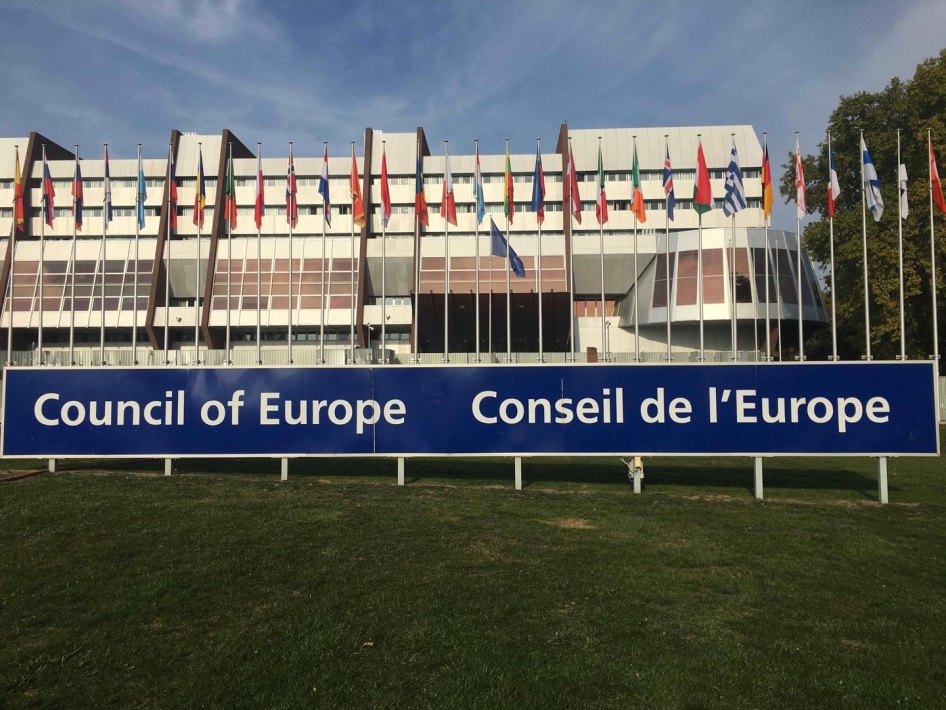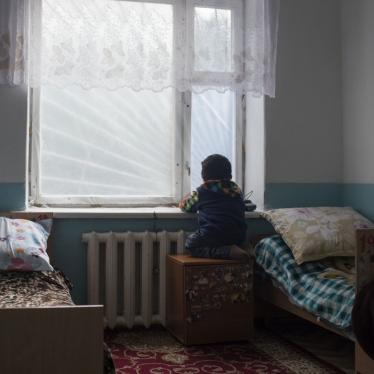After a long fight by human rights advocates, the Council of Europe has temporarily suspended further consideration of a flawed draft treaty which would have undermined the rights of people with disabilities.
In a crucial decision, the council’s Committee of Ministers decided to temporarily suspend work on the Additional Protocol to the Oviedo Convention on Bioethics. The draft promoted a framework that allows governments to maintain or pursue practices in the area of mental health such as forcing people into treatment and placement into psychiatry without consent. Human Rights Watch and other groups have repeatedly objected to this approach to mental health.
In its decision, the ministerial committee is now calling on the Steering Committee for Human Rights in the fields of Biomedicine and Health (CDBIO) to revise the framework to promote the use of voluntary measures in mental healthcare services. The WHO Quality Rights initiative can provide good examples for the development of new policies that emphasize agency in mental health support based on human rights. The ministerial committee also called on the CDBIO to issue a report on relevant case law of the European Court of Human Rights related to mental health. The committee directed that key civil society organizations, such as the European Disability Forum, be included in the conduct of these tasks.
Once these tasks have been completed, consideration of the draft treaty by Council of Europe organs will resume.
Civil society organizations, including organizations representing people with disabilities, welcomed the decision which represents a real opportunity for countries to come up with practical solutions that honor the core principles of disability rights, including the right to autonomy and full legal capacity when it comes to mental health.
The United Nations Convention on the Rights of Persons with Disabilities (CRPD), ratified by 45 out of 46 Council of Europe member states, guarantees people with disabilities equal rights to liberty and to decide about their own medical treatment. These principles should be reflected in any plan governing mental health services affecting millions of Europeans.









